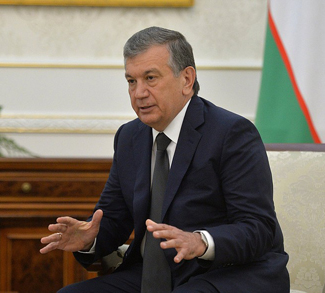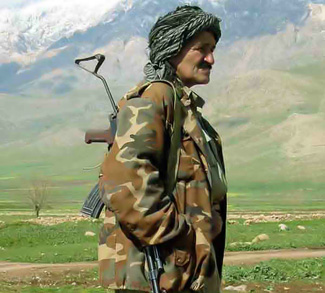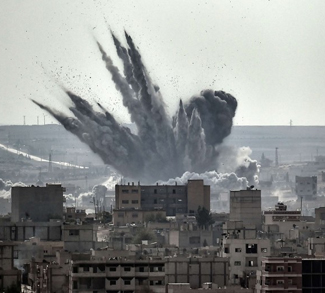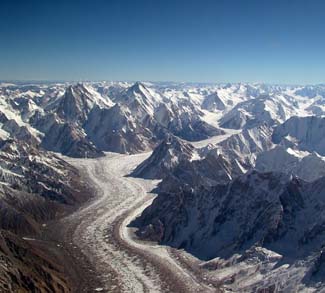Summary
On July 3 the assistant commander of Russia’s Central Military District, Colonel Yaroslav Roshchupkin, announced that Uzbekistan and Russia will hold their first joint military exercises since 2005 in October of this year. The move comes on top of recent developments in bilateral relations, which have improved significantly since the death of the Uzbek president Islam Karimov in 2016.
Now the most interesting question will be whether this might lead to Uzbekistan rejoining the Collective Security Treaty Organization (CSTO) – the Russia-led military bloc that Uzbekistan left in 2012. However, despite significant progress in the economic, security and military spheres, as well as persistent rumors suggesting Uzbekistan will join the Russia-led Eurasian Economic Union and return to the CSTO, Tashkent’s overriding strategy will likely remain locked in. The country will continue its official non-alignment policy and seek to foster closer relations with other regional leaders such as China, Turkey, and possibly the United States.
Background
Uzbekistan has always resisted joining Russia-led integration projects such as CSTO and EEU, and this has resulted in Tashkent and Moscow having difficult relations at times in the post-Soviet era. It has long been in Russia’s core interests to have Uzbekistan as a close partner; the country has arguably the most strategic location in the region. Uzbekistan shares borders with all the Central Asian states (Kazakhstan, Kyrgyzstan, Tajikistan and Turkmenistan) and Afghanistan. It also sits on a big part of the agriculturally-rich Fergana Valley, with a sizable population as well as oil and natural gas deposits.




